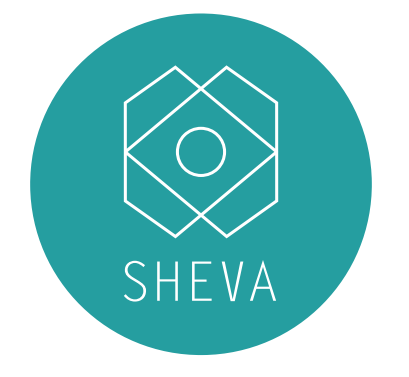There is a notable change in school attendance once students reach middle school in developing countries. It is about the same time when most young girls will begin menstruating, a time when they will be faced with the beginning of a life of inequality due to their sex.
While menstruation is a celebrated mark in a young girl’s life in the U.S., in other countries, such as Guatemala, a period is only a symbol that the female will soon have to leave their regular academic routine due to their inaccessibility to feminine pads and tampons.
Marcela Aguilar of SHEVA, an organization in Guatemala dedicated to donating a box of feminine pads for every box of products purchased on their website, explained that girls will begin missing a week of classes every month once they start their period. Eventually, this will become problematic as they fall behind in their schoolwork and discourages girls to continue their education past middle school.
More than 50 percent of girls will drop out of school after the start menstruating, a brochure by SHEVA explains. With their education taken away, girls are pushed to get married and have children while they are still teenagers.
Guatemala has the highest teen pregnancy rate in Latin America, according to SHEVA.
But menstruation does not only rob girls of their middle schools; it takes away the powerful tool that education can be for all people in developing countries from them. It creates a cycle of poverty, of oppression, and of continuous lack of empowerment to be able to see an adulthood beyond caring for children and husbands.
When females cannot afford or have access to feminine pads, they resort to “newspapers, dried leaves, and old cloths,” according to SHEVA. This makes them vulnerable to infections, which could lead to missing even more class days.
Aguilar explained that organizations like SHEVA have a sustainable business model that use existing shopping habits, which in this case is females’ essential monthly purchases of feminine pads and tampons, and duplicating each purchase to donate to a young girl in need.
“We all have to buy these products monthly anyway, so why not be a part of an organization where you can help another girl as well?” Aguilar asked.
SHEVA describes this as “The Giving Cycle” that will help women in developing countries break out of the perpetual cycle of poverty.
Guatemalan women are not alone in this issue.
In India, according to SHEVA, 88 percent of women cannot afford sanitary pads. In Africa, almost the same number of girls will drop out of school, leaving the economy with $10 billion less from potential earnings that females could provide.
SHEVA’s mission is to ensure “the lack of access to sanitary protection does not impact the daily life of women in developing countries.”
“We want to empower women,” Aguilar said, “and we can do so by helping each other.”








